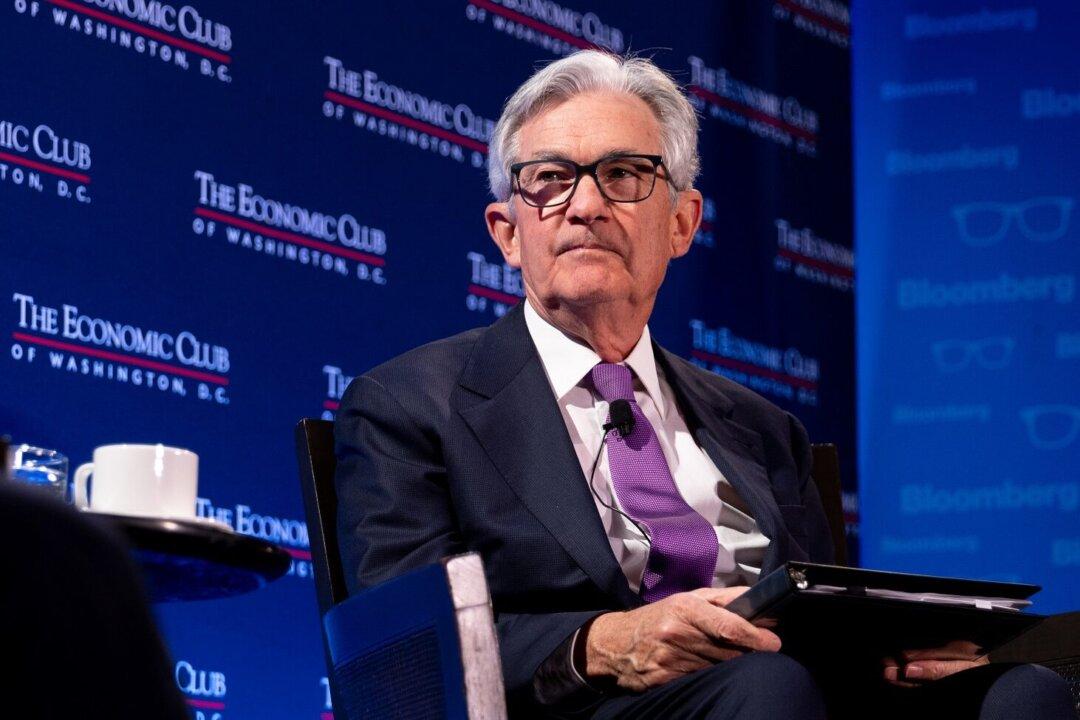The United States is watching disinflation travel through the national economy, but “it has a long way to go” before price stability is achieved, says Federal Reserve Chair Jerome Powell.
Speaking at the Economic Club of Washington on Tuesday, the Fed chair acknowledged that the country is in the “very early stages of disinflation.” However, many parts of the marketplace are still experiencing elevated inflation, he said, alluding to the services sector.





